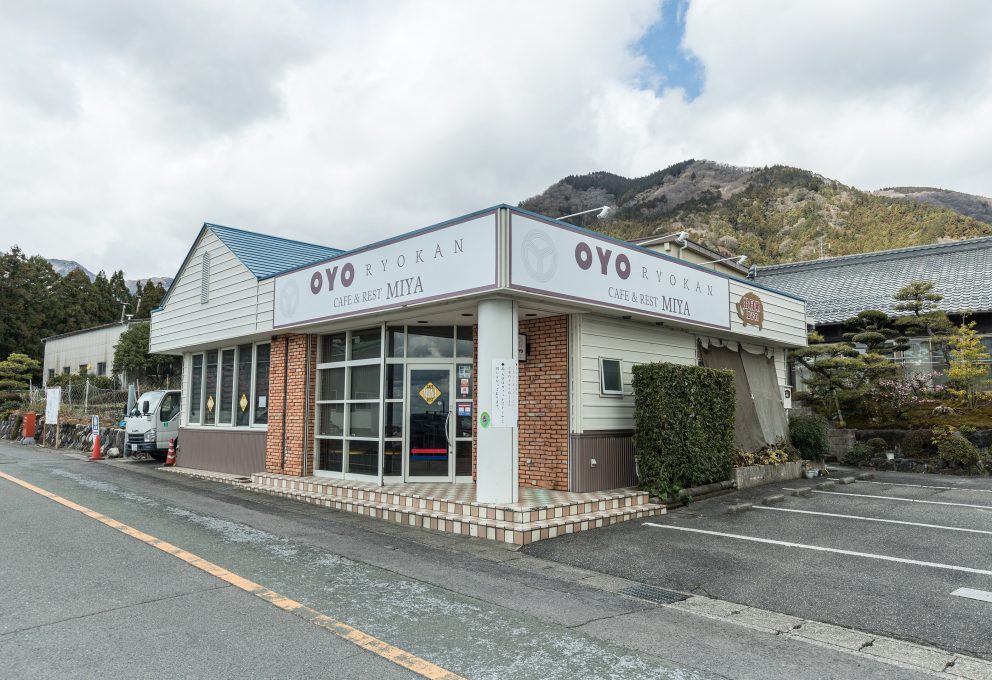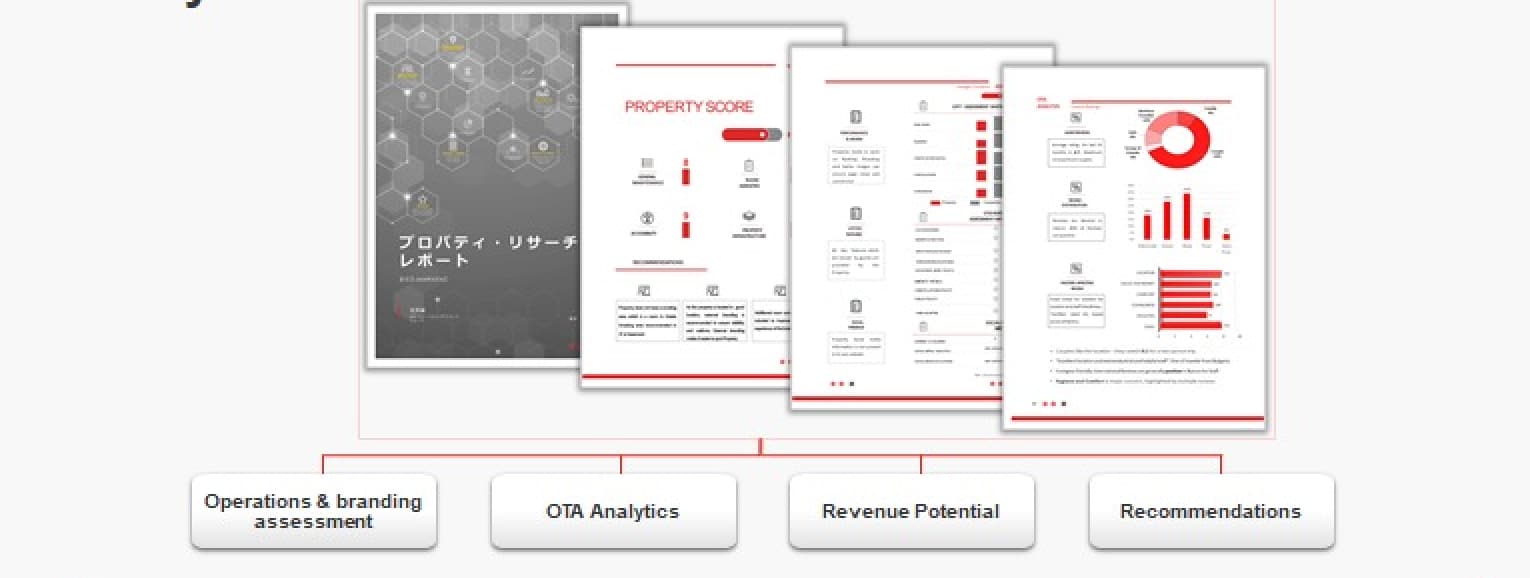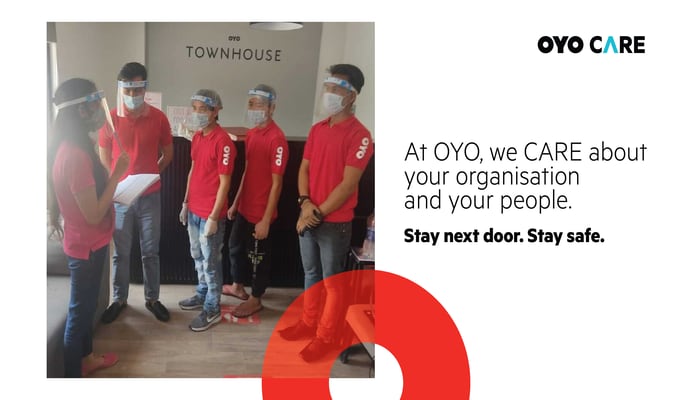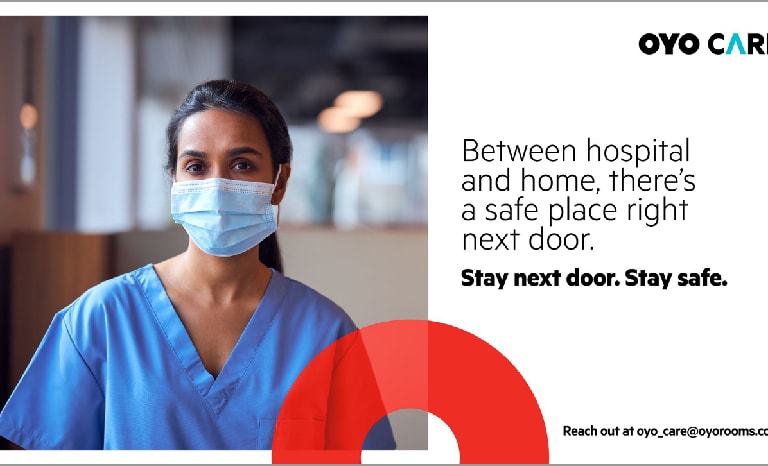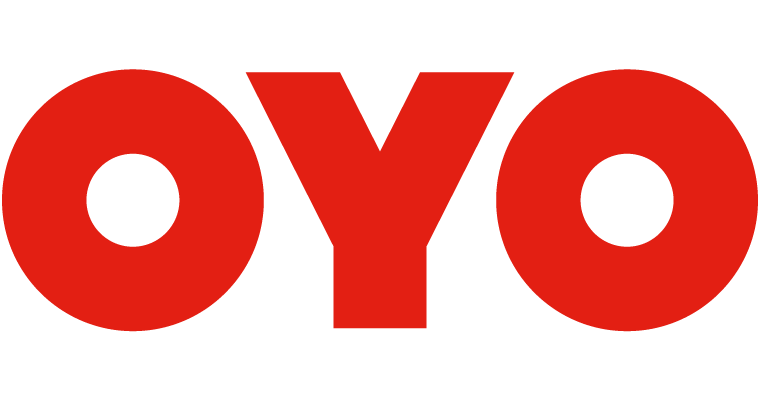COVID 19 is an unprecedented time in the history of the hospitality industry. The industry is facing a crisis with many properties running below 30% occupancy and it will take time for industry players to bounce back to their pre-COVID performance. Against this background, however, OYO Japan with the use of its proprietary AI Technologies has been able to deliver 10% higher occupancy compared to the industry average. This has been enabled by the strong focus OYO Japan has put on using data and automation to help its partners and guests since its inception. With the sudden occurrence of COVID 19, a lot of these measures are helping OYO Japan to be ahead of the curve.
OYO’s approach to automation and data has been to make everyday processes more efficient and productive. These processes exist at almost all companies, but OYO Japan has taken special measures to systematically improve them over a period of time. Internally, OYO has developed a framework that dissects every process under three lenses – Documentation, Automation and Data (DAD). The simple idea is that given every process can be deconstructed into a series of steps through which data is processed and each of these steps can be automated. In this vein, every new process at OYO is immediately documented which helps identify the flow and structure of data within that process. At the same time, it is ensured that the collection and processing of data is automated. The advantage of the framework is that while its extreme simplicity has helped OYO maintain hygiene in day-to-day processes to build immunity to crises, it has also helped create value-added platforms and products.
Let’s begin with how documentation has helped OYO to not just stay functional but also agile during the ongoing COVID pandemic. Many organizations lack an operational system of record that acts as the authoritative source of truth for the organization’s work investments, progress, and results. It is important to develop and document standard operating procedures to serve as the lingua franca for the organization especially in times of virtual work. Since its very formative stage, OYO Japan has been building a digital repository of standard operating procedures (SOPs). These continually updated documents reflect the latest approach and methodology for tasks across the firm to ensure protocols are followed and fidelity is maintained. At the same time, a digital repository of every reference material has been made accessible to all teams. When the COVID-29 pandemic struck, this strategy had an immediate pay-off – employees were empowered for telework by leveraging policies, best practices, and proper documentation. OYO Japan has managed to encourage and foster collaboration across the organization and build bridges with employees as well as existing and potential partners.
OYO Japan also established an arm of OYO’s Global Intelligence Group (GIG) in Tokyo which is dedicated to studying how OYOPreuneurs process and interact with data. They use the insights they gather to create bespoke solutions by automating workflows that benefit stakeholders across the OYO ecosystem.
For example, one of the first solutions to be created by GIG was a customized automatic reconciliation system for Japan. Manual reconciliation was easy to handle during the initial days of OYO Japan. However, as the organization grew, the volume of transactions increased, Further, manual operations don’t naturally lend themselves to forensics. GIG automated the entire process (of course, the fact that the entire recon process was already documented, made this task easier). The results have been phenomenal – overall man-hours required has seen a multifold reduction while booking collection records accuracy has improved. OYO’s hotel partners have handsomely benefitted with very few of them seeking clarifications or changes in invoices. Call volumes related to reconciliation have also seen a precipitous decline.
Elsewhere, GIG has also focused its energy on property operations (Operations), maintenance and upgrade (Transformation). Earlier, these functions involved some form of a manual audit of properties. Once the process was documented and thoroughly studied for the nitty-gritties of the Japanese market, the team started leveraging video calls and pre-set questionnaires to carry out audits without physical visits to the property. Under this streamlined process, the human capital focuses on evaluation and decision making rather than being concerned with the logistics and mechanics of investigation.
While all these initiatives were focused on reinforcing internal processes and making them more efficient, the other aspect has been to provide value to external stakeholders.
OYO Japan has always believed in empowering owner partners by sharing important insights with them. One of these initiatives is to leverage advanced analytics to offer meaningful business insights, suggestions, and implementable recommendations to hotel owners. Hotel owners can access this by providing some basic details and images of their properties. OYO’s AI-powered engines then mine the vast repository of data and analytics gathered from managing over a million hotel rooms globally to benchmark the property across multiple parameters including presentational angles, the attractiveness of the property, infrastructure and its performance of online travel agencies, guest ratings. Without any manual intervention, this analysis is transformed into a tailored document – “Property Research Document” – which is delivered to the hotel owners.
OYO Japan has also built capabilities to carry out such automated albeit periodic analytics at the more macro-level of cities. City Research Reports leverage the vast OYO network and deep data to elucidate latest both Globally trends and trends in Asia. They also lean upon predictive analytics to highlight methods and techniques which help in demand generation. Already, these are helping establish OYO as a thought leader and generating reverse enquiries. Early results are extremely encouraging – within a month of launching these documents, 50 hotel owners expressed their interest in conducting business and partnering with OYO.
With all these measures, we are very sure that OYO Japan has built a very strong foundation to serve its stakeholders by taking these simple yet highly effective steps. The aim is to enrich lives by enabling every stakeholder of OYO to dream, create and innovate and realize their full potential.

